APWLD Forum News on landgrabbing
- APWLD
- 31 August 2012
The Asia Pacific Forum on Women, Law and Development has published a special issue of its bulletin on landgrabbing, its impacts on women and their resistance, across the Asia Pacific region.

The Asia Pacific Forum on Women, Law and Development has published a special issue of its bulletin on landgrabbing, its impacts on women and their resistance, across the Asia Pacific region.
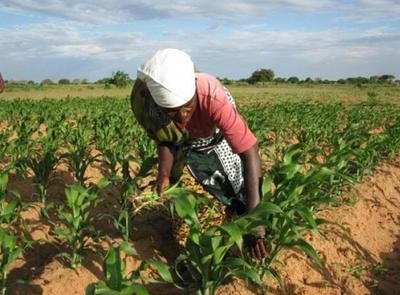
Investment firms describe it as the next golden opportunity. They say they're taking and using underutilised and uncultivated land. But as MaraPost's *Charles Mkula* reports, simply put, it's land-grabbing and somethings has to be done about it
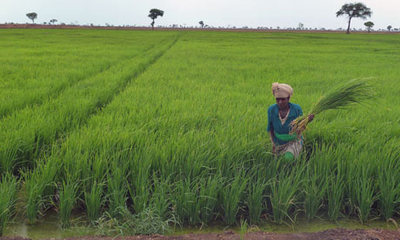
Water drawn from rivers, dams or underground to irrigate new farms in Africa may severely affect users downstream
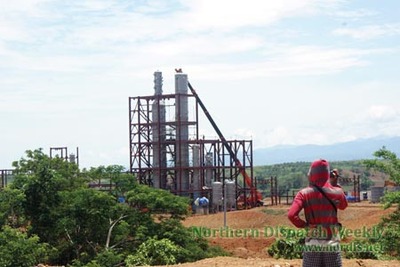
The Asian Peasant Coalition, the Kilusang Magbubukid ng Pilipinas and the Danggayan dagiti Mannalon ti Isabela say that because of farmers’ militant actions a bio-ethanol plant was victoriously shut down in San Mariano, Isabela, northeastern Philippines
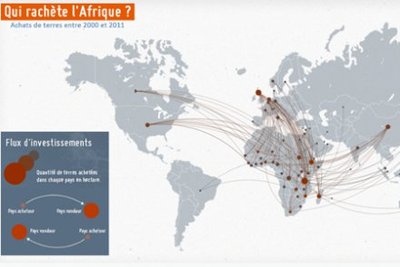
La carte des terres achetées par des investisseurs étrangers depuis 2000 montre que le business de la parcelle frappe avant tout l'Afrique.

Desde el Grupo Semillas reconocemos y saludamos la importancia de este fallo de la Corte, puesto que en adelante se impedirá el desarrollo de Proyectos especiales agropecuarios o forestales en baldíos y en Zonas de Desarrollo Empresarial.
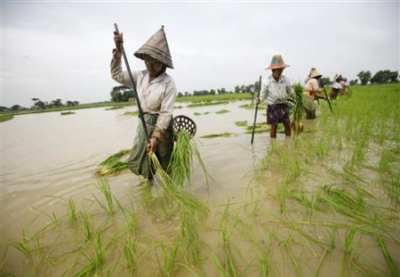
Threatening to worsen the rural crisis in Burma are two new land bills supposedly designed to alleviate it: the Farmland Law and the Vacant, Fallow and Virgin Lands Management Law.
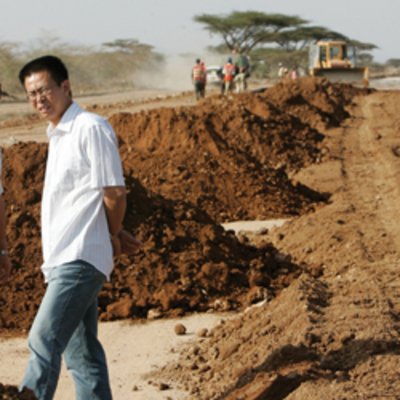
Study finds reports of 86 Chinese agriculture projects covering 9 million ha of land in developing countries and confirms the existence of 55 projects covering 4.9 million ha.
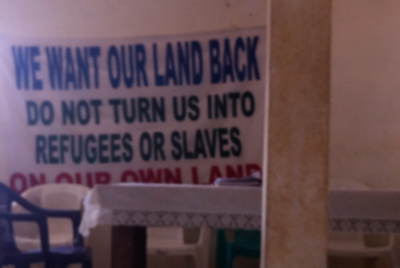
El resultado neto es una autorregulación voluntaria, la cual es ineficaz y poco fiable, y no es remedio alguno contra la perversidad de estos negocios.
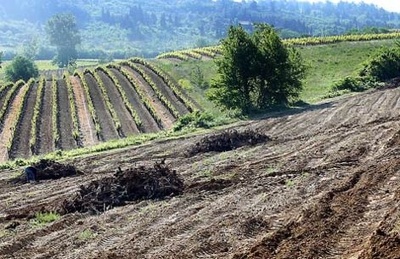
Il n’y a pas qu’au Québec où l’on s’inquiète du phénomène d’accaparement des terres agricoles par des intérêts autres qu’agricoles.
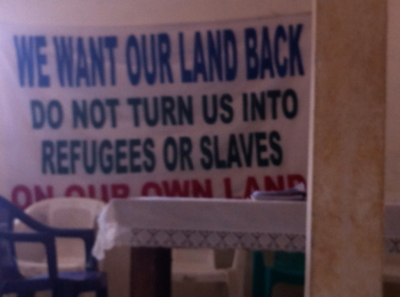
Jusqu’à maintenant, les efforts déployés pour réglementer les accaparements de terres étaient le fait des institutions internationales. Maintenant, le secteur privé s’engage à définir ses propres règles du jeu.

For most Ugandans, the processes that government uses to acquire land for investment are not clearly understood. The land valuation processes, the purchase price and related transactions are never clear, leaving the majority of the occupants vulnerable.